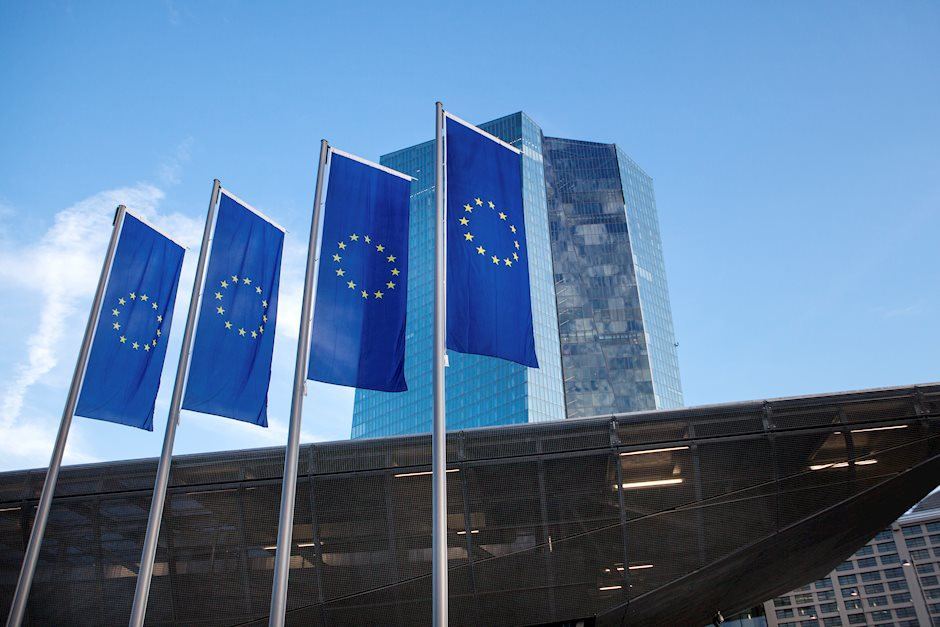Citizens’ trust in the ECB still in tatters – Commerzbank

Households do not seem to really believe that the ECB will be able to bring inflation back to its target of 2% in the medium term, economists at Commerzbank say.
Consumers expect medium-term inflation above 2%
Even though the ECB's communication has improved in recent years, this does not appear to have increased public trust in the central bank.
The ECB is still experiencing a crisis of trust, which may impair the effectiveness of its monetary policy.
The citizens of the Euro countries do not expect a return to the 2% target in the medium term and are acting in line with their expectations.
Author

FXStreet Insights Team
FXStreet
The FXStreet Insights Team is a group of journalists that handpicks selected market observations published by renowned experts. The content includes notes by commercial as well as additional insights by internal and external analysts.

















